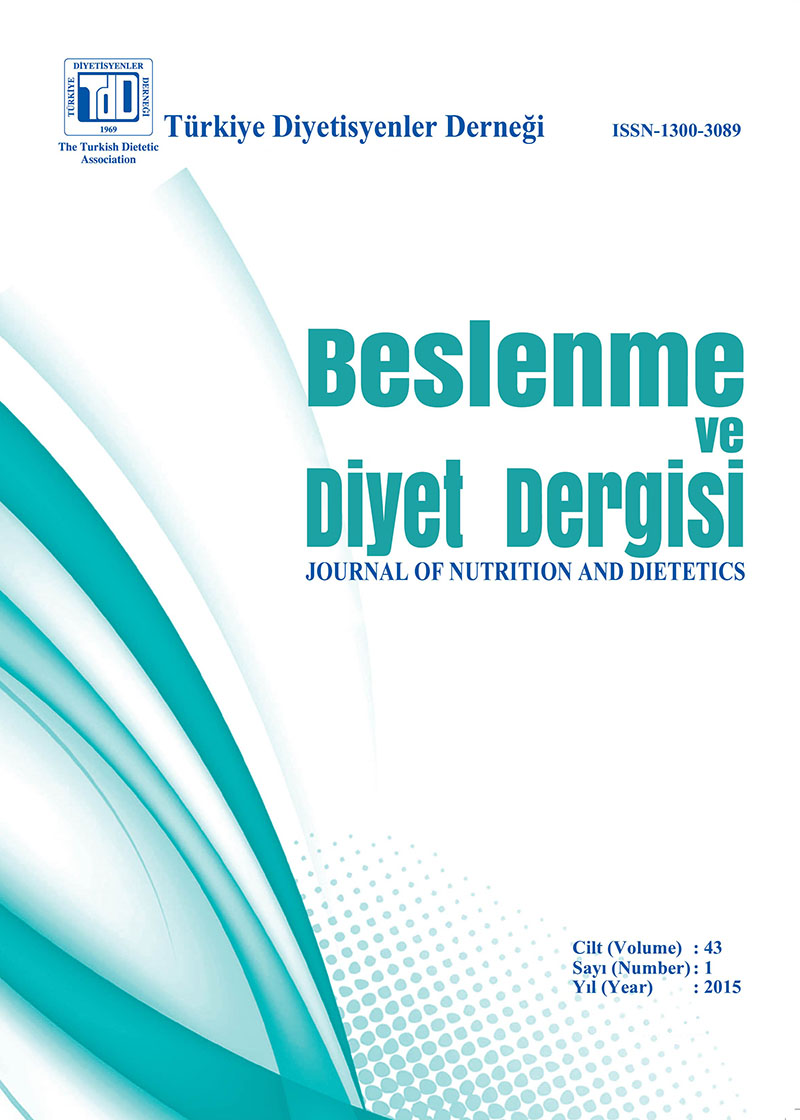The Effect of Maternal Fructose Intake in Terms of Triglyceride and Free Fatty Acid Levels in Mother Rats and Pups
Keywords:
Fructose, developmental proramming, triglyceride, free fatty acidsAbstract
Aim: The aim of this study was to examine the effects of high fructose intake during pre-conception, throughout pregnancy and lactation on some lipid parameters in the plasma and triglyceride accumulation in the liver of both mother rats and pups. Materials and Methods: This study was carried out on ten mother rats (n=5 for each group) total 52 pups (23 pups in the fructose group, 29 pups in the maltodextrin group) and two male rats for mating which were inbred Sprague Dawley strain. After two-weeks of wash out period rats were divided into two groups. Fructose (20% w/v) in water was administered to the first group and the same amount of maltodextrin was administered to the second group. After 12-weeks of dietary manipulation period the rats were mated for pregnancy. Rats were kept on same diets during pregnancy and lactation periods. At the end of lactation period, tissues and organs were isolated, then the animals were euthanised. Feed and water intake were recorded during the study. Triglyceride and free fatty acids in the blood and triglyceride accumulation in the liver were analysed with colorimetric or flourimetric methods as required. Results: As a result, there were no significant differences on feed and water intake, and terminal body weights of the rats. Furthermore, plasma and liver triglyceride levels, plasma free fatty acids of mothers and pups with high fructose exposure were found to be elevated (p=0.059). Conclusion: In conclusion, this study showed that chronic high fructose intake may increase the risk of cardiovascular diseases in the later life of offspring by affecting triglyceride and fatty acid metabolism via developmental programming.

